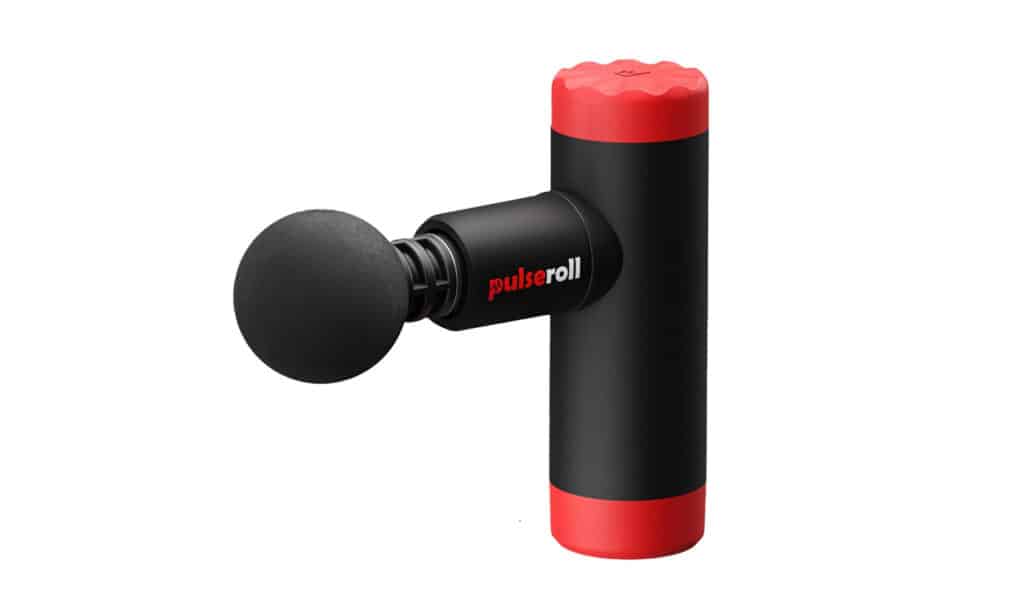

Nicola Vaughan DipNT Registered Nutritional Therapist
Intestinal permeability, also known as “leaky gut”, refers to a condition in which the lining of the intestine becomes more porous or permeable than normal, allowing the leakage of substances from the gastrointestinal (GI) tract into the bloodstream. The GI tract is made up of the small and large intestine: the small intestine is the predominant site of nutrient absorption, and the large intestine is the home of trillions of gut microbes which metabolise undigested food.
All along the GI tract, a layer of cells forms a barrier to separate the contents of the intestine from your bloodstream. In leaky gut, this intestinal barrier becomes compromised and harmful substances, toxins, and large molecules can enter the bloodstream, which in turn can contribute to not only digestive complaints, such as bloating, diarrhoea, or constipation, but also fatigue, achy joints, food sensitivities and issues related to your immune system. Paying attention to these signs can help identify and address gut health issues before they impact performance and overall well-being.
The intestinal barrier referred to above is made up of a single layer of cells, called epithelial cells. These cells play a crucial role in maintaining the integrity and function of this protective barrier and they are held together by proteins called tight junctions, which essentially close the gaps between the cells and prevent the leakage of substances across the intestinal lining.
Several factors can damage the tight junctions and contribute to leaky gut, and running is one of them. During exercise, skeletal muscles require increased amounts of oxygen to support energy production through aerobic metabolism. As running intensity or duration increases, muscles demand more oxygen and blood flow is redirected to them from non-essential organs, including the GI tract. Interestingly, training at higher temperatures has been shown to exacerbate this process. This oxygen demand by muscle tissue can lead to localised hypoxia (lack of oxygen) in the epithelial cells which may disrupt tight junctions and increase intestinal permeability.
Additionally, intense exercise, particularly without adequate recovery, can temporarily suppress immune function, making runners more susceptible to infections and inflammation. This immune suppression can further increase the risk of leaky gut, as the body’s ability to defend against harmful substances may be compromised, and these can damage the gut lining.
Leaky gut can also be the consequence of certain medications, such as non-steroidal anti-inflammatories. These over-the-counter medications which are often used to treat muscular inflammation can have a direct toxic effect on the epithelial cells of the gut, reducing protective mucus secretions and leading to increased intestinal permeability.
Perhaps the first warning sign that you may have leaky gut is multiple food sensitivities. This is because your immune system largely resides in your gut, constantly surveying for toxins that may be entering your bloodstream. However, with increased intestinal permeability, these immune cells will also be detecting partially digested food molecules which may have leaked across. This can falsely alert your immune system, and you may feel bloated after eating certain foods or find that some foods just don’t “agree” with you. Research has also shown that for people with active coeliac disease and non-coeliac gluten sensitivity, consumption of gluten directly damages the tight junctions and further increases intestinal permeability.
There are also other signs and symptoms of leaky gut that runners should look out for. Take for example migraines: undigested food particles and bacterial end-products can act on the trigeminal nervous system to consequently trigger migraine-like attacks. Autoimmune conditions are also strongly associated with leaky gut: research shows that the entry of toxins into the bloodstream from your gut can activate immune responses and lead to imbalances of the immune system. Over time, this can lead to the formation of auto-antibodies and the development of inflammatory and autoimmune diseases such as rheumatoid arthritis or Hashimoto’s disease.
Whilst leaky gut typically starts off as general gut inflammation, over time it can advance to nutrient malabsorption and lead to depletions in zinc, iron and vitamin B12: micronutrients that are essential for immunity, energy levels and cellular repair.

Here are some practical tips and strategies to support gut health and reduce the risk of leaky gut.
Food first: make sure that you are consuming diverse and nutrient-rich foods in your diet. The integrity of your gut barrier is supported by a healthy microbiome, which in turn will be nourished by a diet that is colourful and diverse. Aim for 30 different plant foods, herbs and spices in a week and include protein and healthy fats to support your gut integrity and immune function. Avoid inflammatory foods such as sugar and ultra-processed foods which can exacerbate gut inflammation and compromise barrier function and look at your labels: if it has ingredients that read more like chemicals than food, try and think of a wholefood alternative.
Make sure you have adequate rest and recovery between sessions, in particular paying attention to stress-reducing activities. Research shows that chronic stress can deplete immune defences along the gut wall, meaning that unfriendly bacteria can colonize, contributing to inflammation and increased intestinal permeability.
There are some nutrients which are especially helpful when it comes to gut health. Probiotics have been shown to strengthen the mucosal barrier and some can produce anti-inflammatory metabolites that are protective to the gut. Probiotics can be found naturally in fermented foods such as kefir, kimchi, or sauerkraut, and in some supplements. Vitamins A and D are well studied in terms of their benefit to the gut immune system and epithelial integrity. There are two main sources of vitamin A in the diet: preformed vitamin A (retinol) is mainly found in animal products such as liver, mackerel, salmon, and eggs; and the Vitamin A precursor beta-carotene is found in plants such as carrots, spinach, tomatoes, and sweet potatoes. Vitamin D is known as the sunshine vitamin: your body will make vitamin D when the skin is exposed to ultraviolet light. Vitamin D3 is also found in the flesh of fatty fish and eggs, and mushrooms can absorb ultraviolet light and are then a good source of the vitamin D precursor, D2.
In conclusion, understanding the concept of leaky gut and its potential impact on runners’ performance and well-being is crucial. The intricate relationship between exercise intensity, recovery practices, and gut health underscores the importance of a holistic approach to training.
By recognising the signs and symptoms of leaky gut, such as food sensitivities, migraines, and autoimmune conditions, athletes can take proactive steps to support their gut integrity and overall health. Incorporating nutrient-rich foods, stress-reducing activities, and targeted supplementation can help fortify the gut barrier and mitigate the risk of intestinal permeability. Ultimately, by prioritising gut health alongside training and nutrition, runners can optimise their performance and enjoy the benefits of a resilient and thriving digestive system.
Nicola Vaughan is a BANT Registered Nutritional Therapy Practitioner with an online clinic at NV Health @nvhealthUK on Instagram and Facebook. To find out more about leaky gut, gut health and how nutrition can help you, book a free 20-minute call on the website.
References:
Aleman RS, Moncada M, Aryana KJ. Leaky Gut and the Ingredients That Help Treat It: A Review. Molecules. 2023;28(2):619
Chantler S, Griffiths A, Matu J, Davison G, Jones B, Deighton K. The Effects of Exercise on Indirect Markers of Gut Damage and Permeability: A Systematic Review and Meta-analysis. Sports Med. 2021;51(1):113-124
Dziewiecka, H., Buttar, H.S., Kasperska, A. et al. Physical activity induced alterations of gut microbiota in humans: a systematic review. BMC Sports Sci Med Rehabil 2022;14
Costa RJS, Snipe RMJ, Kitic CM, Gibson PR. Systematic review: exercise-induced gastrointestinal syndrome-implications for health and intestinal disease. Aliment Pharmacol Ther. 2017;46(3):246-265

Share this article
Looking for quick, nutritious meals that boost your energy for running? In this article, you’ll...
The world of endurance running is constantly evolving, with runners always on the lookout for...
In the world of fitness, nutrition is just as important as exercise. And for runners,...
Looking to boost your running performance naturally? Beetroot shots might be the solution. There are...
Are Huel Daily A-Z Vitamin Drinks worth the hype? We tested a mixed flavour pack...
Trying to figure out if eggs can benefit your runs? Discover how eggs can enhance...
We’re here to make sure you’re up-to-date with the latest running tips, events and product discounts – we’ve always got your back! Rest assured, we value your privacy and would never dream of selling your address.
BONUS: Sign up today and receive a FREE code for our Sub-4-Hour Marathon Plan
Your privacy settings
Manage Consent Preferences
Necessary
Analytics
Embedded Videos
Marketing
Facebook Advanced Matching
Facebook CAPI